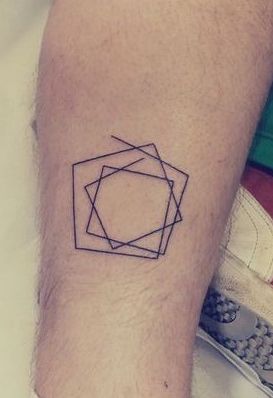
The class, though popular, had design problems.įor example, it was impractical to coach over 70 people at the same time.

As time progressed, the founder of the fitness program asked me to assist him in instructing the workouts. While living in Australia I joined an exercise cross-training class to maintain my fitness. It also shows that KISS can apply to many domains in our lives – not just building technical products. How this class came about and my role in developing it into a small side business underscores my love of coaching and building. In the summer of 2014, I started a bootcamp exercise class called “Fun Social Exercise”. I want to use examples from my time as a builder and entrepreneur to share my perspectives with you.īy sharing these lessons, I hope that you can best leverage the KISS principle in your work. There are few commercial, intellectual, or technical reasons to make things complicated when simplicity can help you design, launch, scale, and learn faster. I have also seen how complex standards have been refined so that the design is left simpler and stronger as a result. Having built and launched products, I have witnessed firsthand when good ideas are made irrelevant because of product complexity and the ensuing product debt that follows. When building a product, designing a website, creating an app, or engineering a block of code, strive for simplicity.

"Co-evolution and parasites are everywhere, and our research with Avida lets us understand their effects on complexity and evolvability with incredible detail.The KISS principle (or Keep It Simple, Stupid) states that most systems work best if they are kept simple rather than made overly complicated. "Even though we're basically studying computer viruses, we're able to address some of the oldest questions in evolutionary biology," Zaman said. These computer parasites will not be found on unwashed hands or in undercooked holiday hams, but they have provided a model that may explain how evolutionary arms races drive the emergence of complexity. Rather than exile the enemy, hosting the virus is perhaps a better strategy in the long run - one with ramifications well beyond the digital model. The battle-tested organisms instead survive, but only the strong are left. Parasite encodes and thereby metaphorically reviews the entire history of the war in its genetic code, advances and deploys a new weapon. Parasite attacks, host evolves, counters and survives. They attained these key mutations by deftly dancing with the very agent trying to kill them. The scientists found a surprisingly large proportion of these so-called "switching" mutations in the co-evolved hosts - nearly 10 times more than their counterparts that hadn't co-evolved.
#KEEP IT SIMPLE STUPID ORIGIN CODE#
They measured how frequently random mutations in the hosts' genetic code provided escape from infection. Zaman conducted the study with fellow MSU BEACON scientists Justin Meyer, now at the University of California-San Diego Suhas Devangam, who's now at Wayne State University David Bryson, who's now at Apple Richard Lenski and Charles Ofria. The team of scientists showed that the long-lasting hosts were indeed more evolvable.

We thought to ourselves, maybe the organisms that were more readily adaptable than the others, more evolvable, would be the ones left standing at the end of the experiments." "This left only more and more complex options for co-evolving hosts.

"The organisms faced off against some pretty nasty viruses, ones that quickly overcame the easy ways of becoming resistant," said Zaman, who's now a postdoctoral researcher at the University of Washington. The co-evolution of host and virus ultimately led to organisms with capabilities superior to those of organisms that evolved without battling the viruses, said Luis Zaman, of MSU's BEACON Center. The experiments, conducted in a digital realm, pitted self-replicating computer programs against computer viruses in the domain of the Avida platform for digital evolution. The results, published in the current issue of PLOS Biology, show how the virus-resistant hosts live better, and more fit, lives. Research led by Michigan State University's BEACON Center for the Study of Evolution in Action shows that organisms sometimes have to use increasingly complex defenses to continue evading parasites' attacks and live longer than their simpler cousins.


 0 kommentar(er)
0 kommentar(er)
